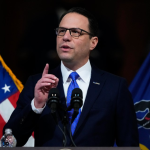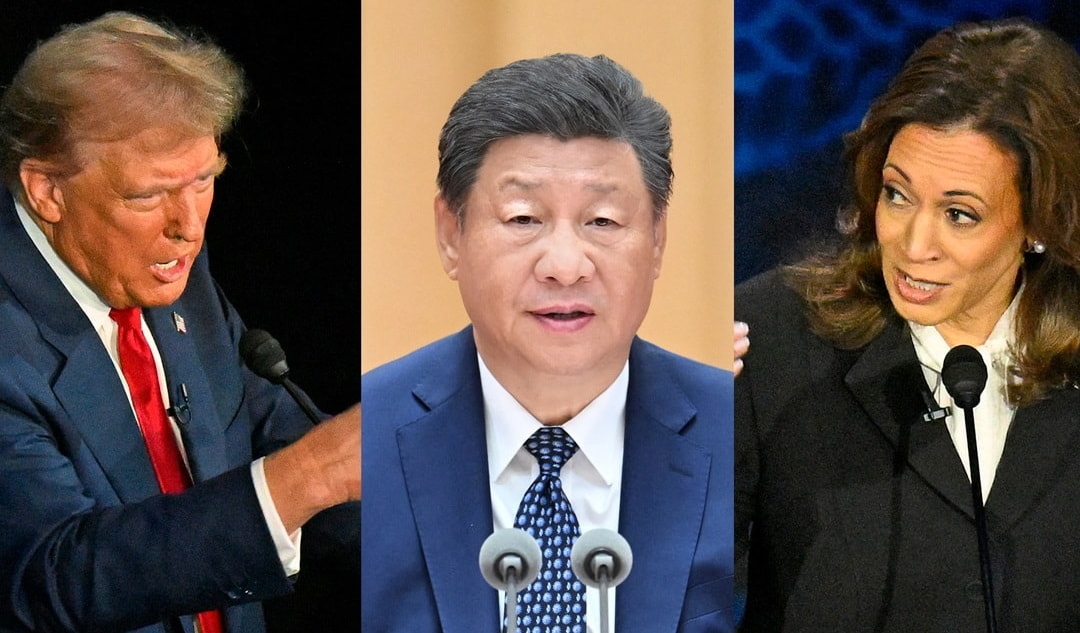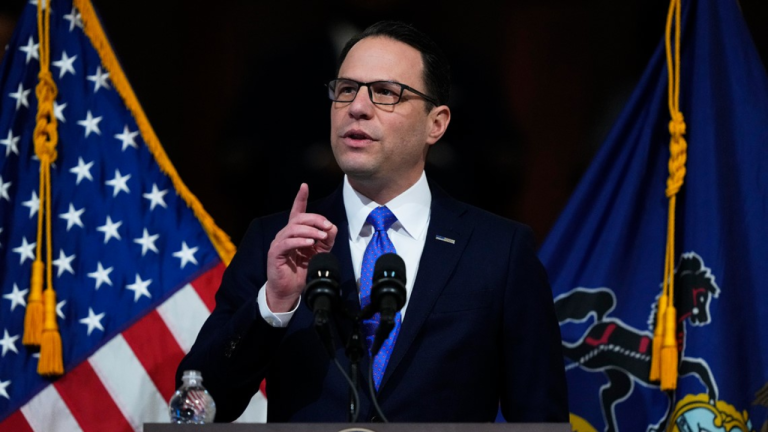In a significant shakeup of U.S. trade and national security policies, the Trump administration has ousted a top China export policy official, marking a major shift in its ongoing economic and technological standoff with Beijing. The move comes as part of a broader strategy to reshape U.S. trade regulations and further tighten restrictions on Chinese access to critical American technologies.
The Official at the Center of the Shakeup
The official in question, Matthew Borman, served as the principal deputy assistant secretary for export administration at the U.S. Department of Commerce. Borman played a crucial role in shaping U.S. export control policies, particularly those related to national security and trade with China. His expertise and extensive career in export regulations made him a key figure in Washington’s approach to limiting China’s access to advanced American technology.
For years, Borman had been responsible for enforcing the Export Administration Regulations (EAR), which dictate how U.S. businesses engage with foreign entities, particularly in sensitive industries such as semiconductors, artificial intelligence, and telecommunications. His leadership was instrumental in crafting policies aimed at restricting China’s technological ambitions, especially concerning companies like Huawei and SMIC (Semiconductor Manufacturing International Corporation).
Why Was Borman Pushed Out?
According to sources familiar with the matter, Borman’s removal is part of a larger effort by the Trump administration to realign export control policies and ensure strict adherence to its aggressive stance on China. The administration has been critical of career bureaucrats it perceives as resistant to its policies, especially regarding economic decoupling from Beijing.
Tensions had been rising within the Department of Commerce as the White House pushed for even harsher restrictions on exports to China, particularly in the semiconductor sector. Some officials, including Borman, had reportedly raised concerns over the long-term economic impact of these measures, fearing they could backfire on U.S. businesses and global supply chains.
Trump administration officials, however, viewed these concerns as hesitation in fully implementing the administration’s hardline approach. As a result, they opted to remove Borman to install leadership that fully aligns with the administration’s policies.
Impact on U.S.-China Trade Relations
The removal of a key export policy official signals a further deterioration in U.S.-China trade relations. Since the Trump administration began its trade war with China in 2018, the U.S. has imposed numerous sanctions and restrictions on Chinese companies, especially in sectors tied to national security.
Borman’s departure is expected to accelerate and intensify these restrictions, making it even more difficult for Chinese firms to access American technology. This move will likely impact several key areas, including:
- Semiconductors: Tighter controls on exports of chips and chip-making equipment to Chinese firms like Huawei and SMIC.
- AI and Quantum Computing: Restrictions on cutting-edge technologies that could have military applications.
- Telecommunications: Further measures to block Chinese companies from accessing U.S. networks and infrastructure.
Reactions from Industry and Lawmakers
Borman’s removal has sparked a strong reaction from both industry leaders and lawmakers.
- U.S. Tech Companies: Many American tech firms have expressed concern that excessively strict export controls could harm their global competitiveness. Companies such as Intel, Qualcomm, and Nvidia rely heavily on sales to China, and further tightening restrictions could hurt their revenue streams.
- China’s Response: The Chinese government has strongly condemned the move, calling it another example of U.S. economic coercion. Beijing has vowed to retaliate by strengthening domestic semiconductor production and reducing reliance on U.S. technology.
- U.S. Lawmakers: While Republican hardliners have praised the decision, arguing that it strengthens national security, Democrats and trade policy experts have warned that such abrupt personnel changes could disrupt U.S. trade policy stability.
What’s Next?
With the Trump administration nearing the end of its term, this move suggests that it intends to lock in its China policy before leaving office. By installing officials who fully align with its aggressive stance on China, the administration is ensuring that export restrictions remain in place even if a new administration takes over.
Additionally, Borman’s departure could signal a broader purge of officials perceived as too moderate on China policy. If this trend continues, we may see further restrictions on Chinese companies in the coming weeks.
Meanwhile, China is likely to accelerate its push for technological self-sufficiency, investing heavily in domestic semiconductor production and alternative supply chains to bypass U.S. restrictions.
Conclusion
The Trump administration’s decision to push out Matthew Borman marks a significant development in the ongoing U.S.-China trade war. This move is likely to result in stricter export controls, increased tensions with Beijing, and a more uncertain future for American tech companies that rely on Chinese markets.
As both nations continue to escalate their economic conflict, the global technology landscape will be forced to adapt to a new era of geopolitical competition and trade restrictions. Whether this strategy ultimately benefits U.S. national security or harms American businesses remains a contentious debate.
Disclaimer – Our editorial team has thoroughly fact-checked this article to ensure its accuracy and eliminate any potential misinformation. We are dedicated to upholding the highest standards of integrity in our content.























+ There are no comments
Add yours